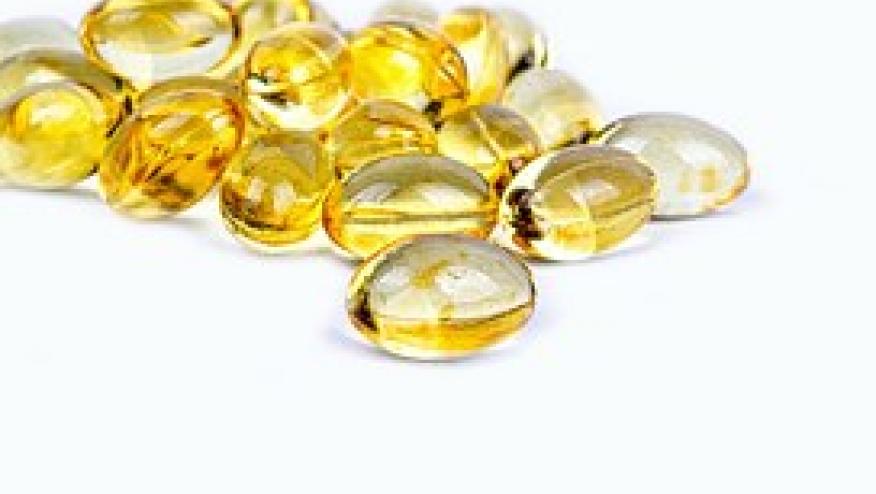Little Evidence Favoring the Health Benefits of Vitamin D Save

Vitamin D certainly plays a pivotal role in bone health and immune function. However, vitamin D (especially its deficiency) has been casually observed to be associated with numerous conditions (cancer, multiple sclerosis, depression, respiratory tract infections, immune disorders), poor outcomes and bothersome symptoms.
Yet, there is a lack of data that vitamin D supplementation can reproducibly improve these condtions or substantively change outcomes.
Researchers from Edmonton performed a critical analysis of the medical evidence for ten common beliefs regarding vitamin D for the prevention of falls, fractures and respiratory tract infections, the reduction of cancer incidence/mortality and overall mortality, and the prevention or treatment of depression/mental well-being, rheumatoid arthritis and multiple sclerosis, as well as maximum dosing and regular testing. (Citation source http://buff.ly/23kecDl)
The evidence shows that vitamin D supplementation provides some benefit in fracture prevention (likely ∼10–15 % relative reduction), particularly at a dose ≥800 IU and with calcium; a likely benefit in the rate of falls.
The evidence does not support the use of vitamin D supplementation for the prevention of cancer, respiratory infections or rheumatoid arthritis. Similarly, evidence does not support vitamin D supplementation for the treatment of multiple sclerosis and rheumatoid arthritis or for improving depression/mental well-being.
Regular testing of 25-hydroxyvitamin D is generally not required, and mega-doses (≥300,000 IU) appear to increase harms.
Much of the often quoted evidence is highly biased, with multiple flaws, including analyses of secondary endpoints, using small or underpowered studies, with inconsistent results.
The authors conclude that the current enthusiasm for a vitamin D testing and use should be tempered by what is known.










If you are a health practitioner, you may Login/Register to comment.
Due to the nature of these comment forums, only health practitioners are allowed to comment at this time.